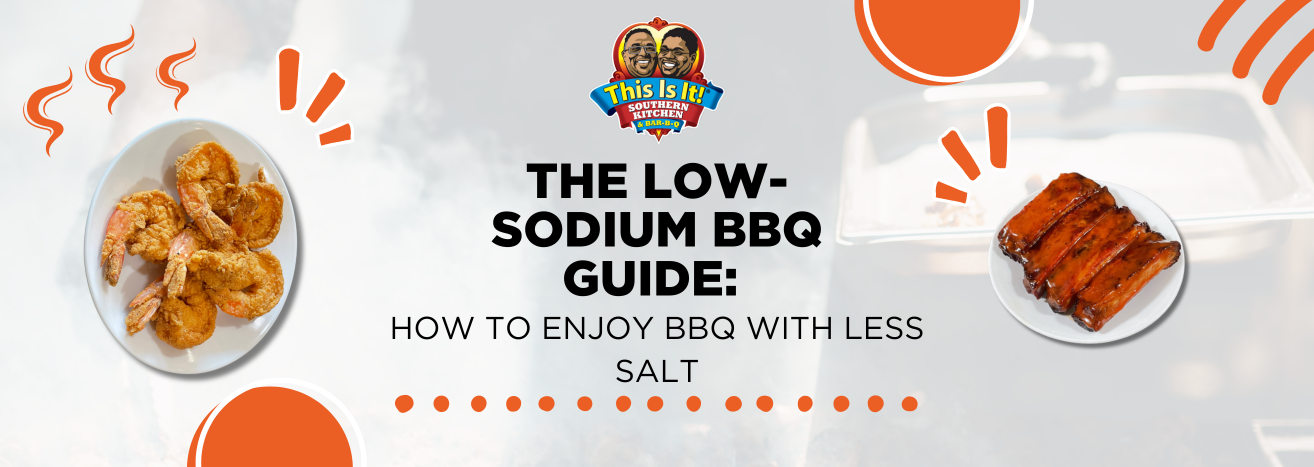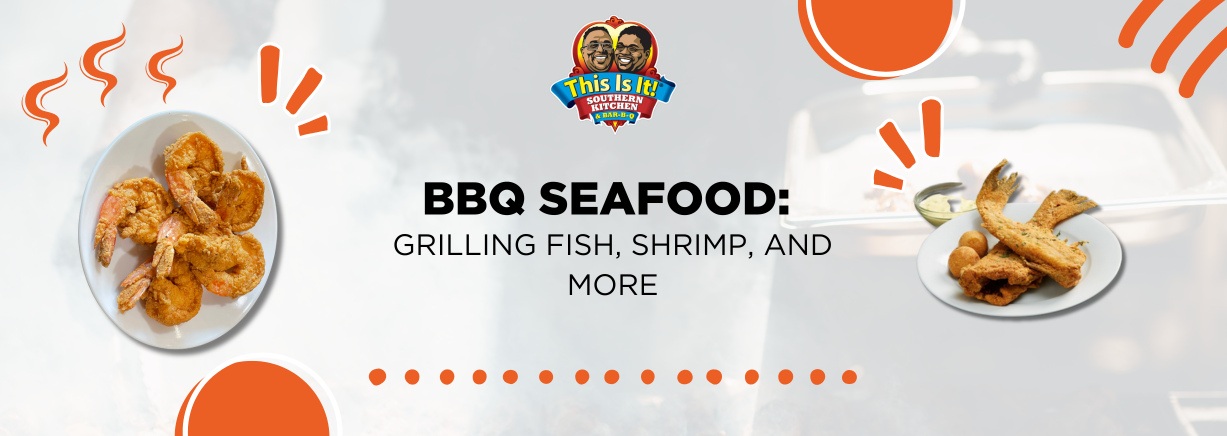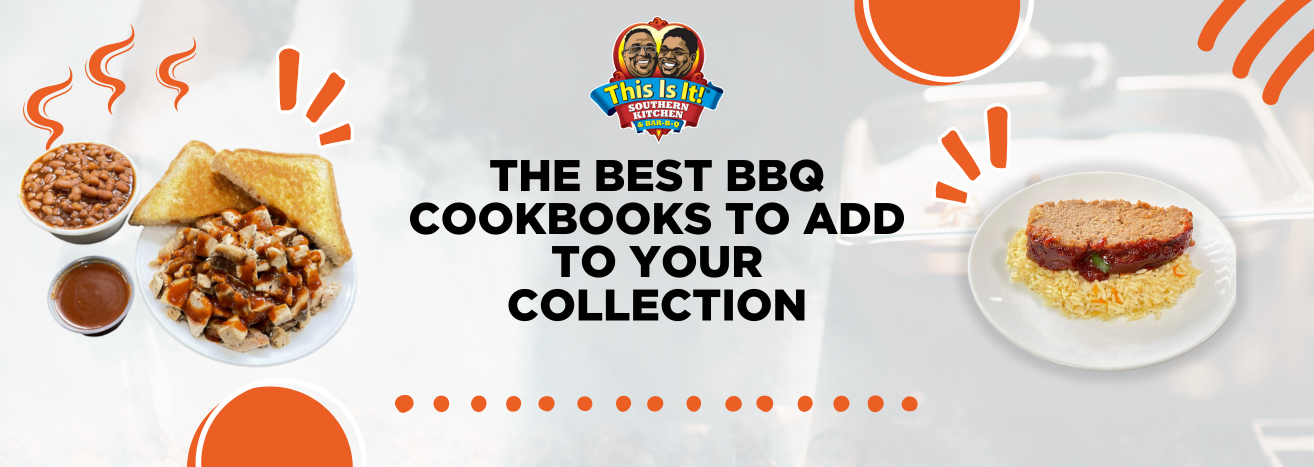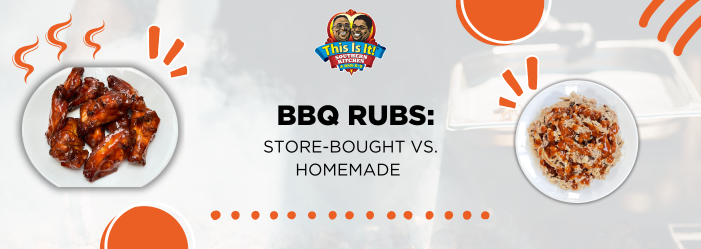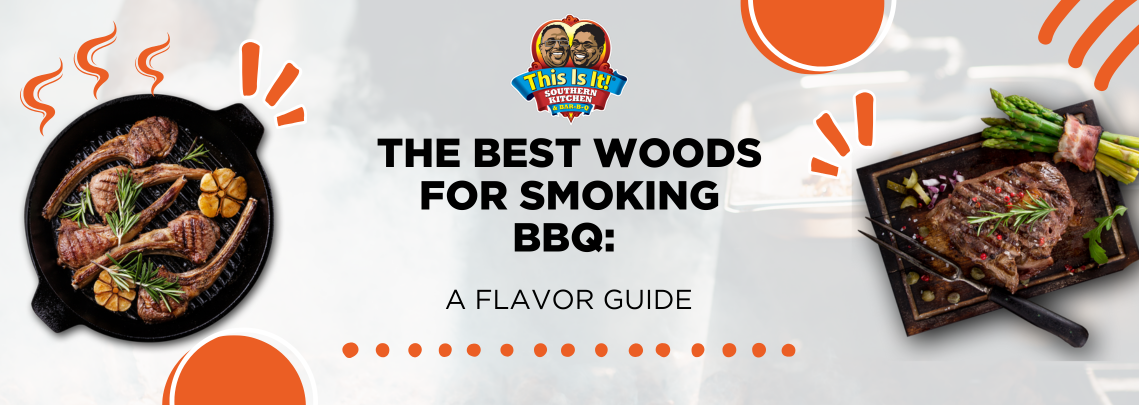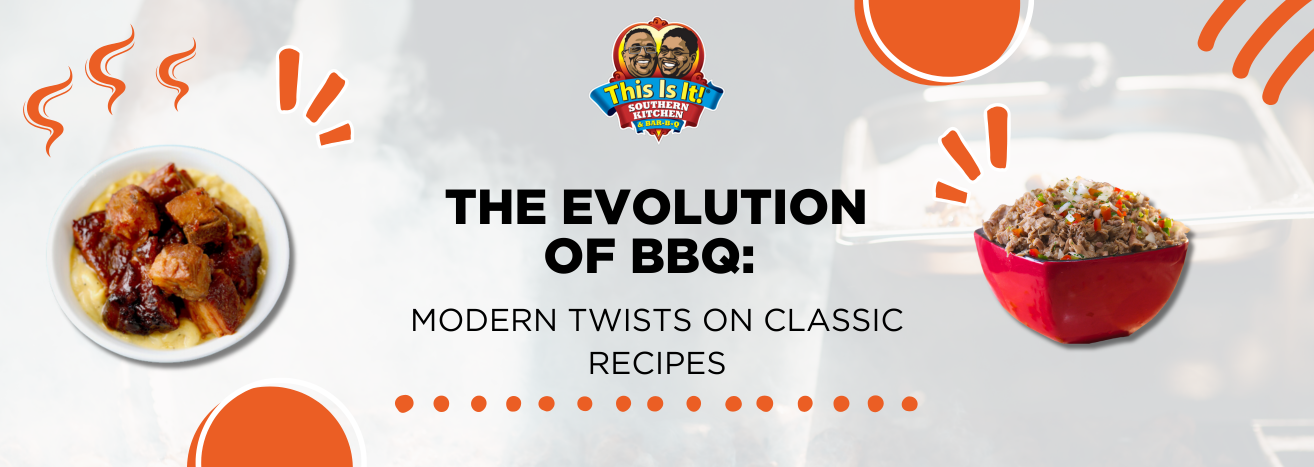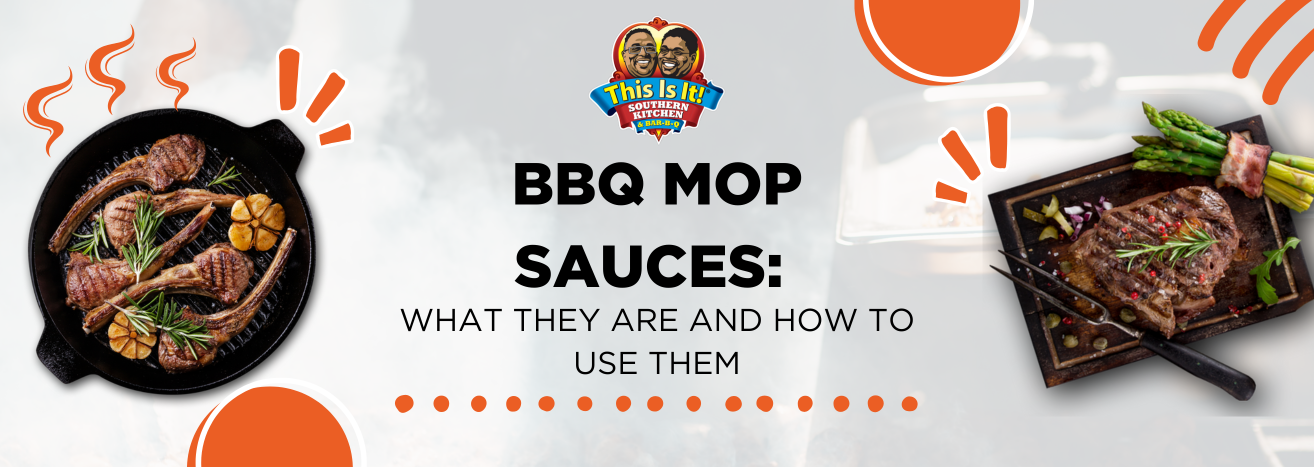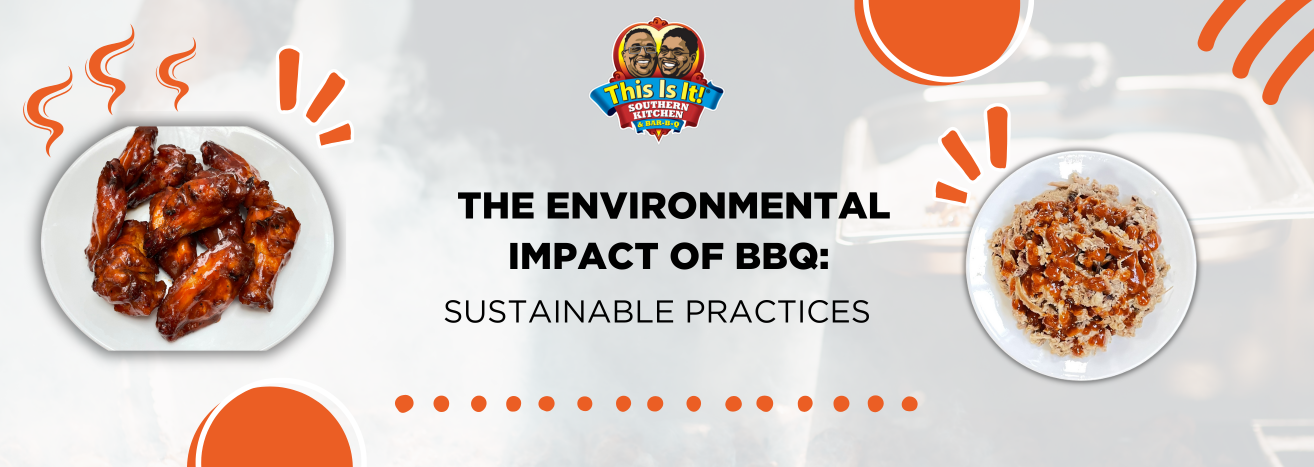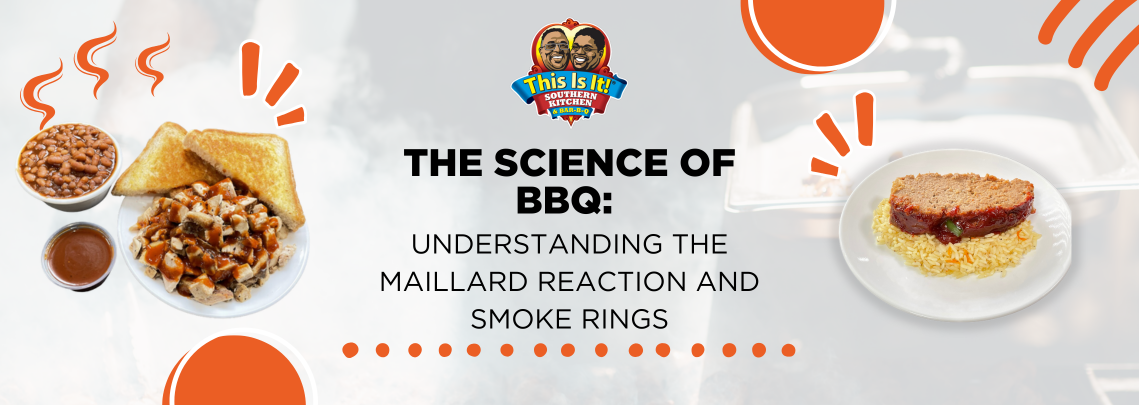Food Safety Tips for BBQing
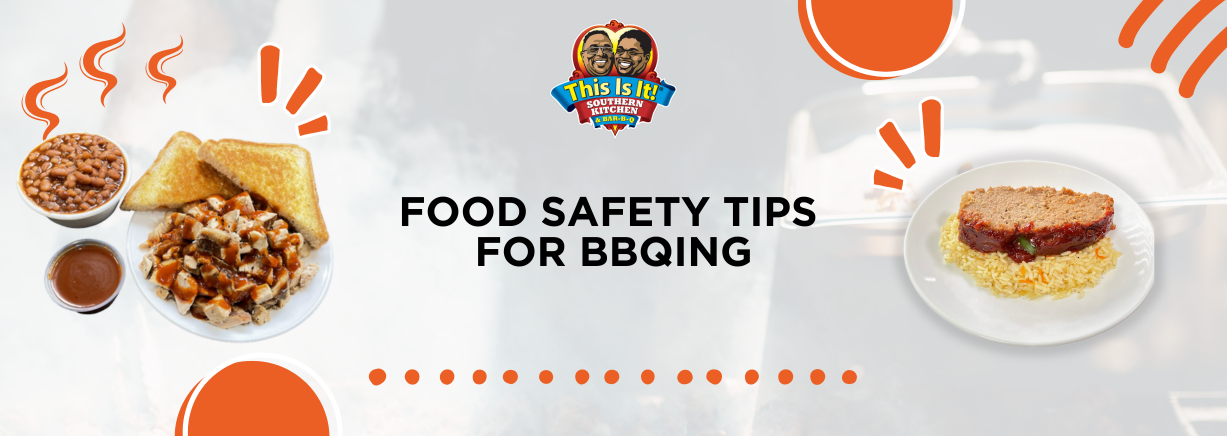
Table of Contents: Food Safety Tips for BBQing
1. Why Food Safety Matters in BBQing
2. Start with Clean Equipment
3. Separate Raw and Cooked Foods
4. Marinate Safely
5. Cook Meat to the Right Temperature
6. Keep Cold Foods Cold
7. Avoid Leaving Food Out Too Long
8. Wash Hands and Surfaces Often
9. Use Safe Serving Practices
10. Choose Quality Ingredients
11. Dispose of Waste Properly
12. Bonus Tips for Outdoor BBQing
13. Wrapping Up: BBQ Safely and Deliciously
Nothing beats the aroma of sizzling BBQ on the grill, but ensuring your food is both delicious and safe to eat is essential. BBQing involves unique challenges, such as cooking outdoors and handling raw meat, which can increase the risk of foodborne illness. By following these essential food safety tips, you can enjoy your BBQ worry-free while keeping your family and friends safe.
Why Food Safety Matters in BBQing
Grilling is a cherished tradition, but it comes with potential risks if proper precautions aren’t taken. Cross-contamination, undercooked meat, and improper storage can lead to foodborne illnesses caused by harmful bacteria like Salmonella, E. coli, and Listeria. The following food safety tips will help ensure your next BBQ is a safe and tasty success.
1. Start with Clean Equipment
Before you even fire up the grill, start with a clean slate. A dirty grill can harbor bacteria, old food particles, and grease that may contaminate your food.
- Clean the grill grates: Use a stiff wire brush or a grill cleaner to remove any leftover food debris.
- Sanitize tools and surfaces: Wash tongs, spatulas, and cutting boards with hot soapy water after each use.
- Inspect utensils: Check for any loose bristles from the grill brush that could stick to food.
Pro tip: Invest in a high-quality grill brush to make cleaning easier and safer.
2. Separate Raw and Cooked Foods
Cross-contamination is one of the leading causes of foodborne illness. To prevent it, always keep raw meat, poultry, and seafood separate from cooked foods.
- Use different cutting boards and utensils for raw and cooked items.
- Store raw meat in sealed containers or plastic bags to prevent juices from leaking.
- Wash your hands thoroughly with soap and water after handling raw meat.
Keyword Alert: For safe BBQing, always "separate raw and cooked foods" to avoid contamination.

3. Marinate Safely
Marinating meat enhances flavor and tenderness, but improper handling can lead to food safety issues.
- Refrigerate while marinating: Never leave meat out at room temperature during marination.
- Reuse marinade cautiously: If you want to use marinade as a sauce, boil it for several minutes to kill bacteria.
- Avoid cross-contamination: Use separate containers for raw meat and finished products.
4. Cook Meat to the Right Temperature
Cooking meat thoroughly is one of the most critical aspects of BBQ food safety. Undercooked meat can harbor dangerous bacteria that cause illness.
- Use a meat thermometer: Check the internal temperature of your meat to ensure it’s fully cooked. Here are the recommended safe minimum temperatures:
- Poultry (chicken, turkey): 165°F
- Ground beef: 160°F
- Steaks, roasts, and fish: 145°F
- Avoid guessing: Color alone isn’t a reliable indicator of doneness.
Pro tip: Invest in a digital meat thermometer for accuracy and peace of mind.
5. Keep Cold Foods Cold
Temperature control is crucial when preparing and serving food. Bacteria grow rapidly between 40°F and 140°F, so keeping food out of the "danger zone" is vital.
- Use coolers with plenty of ice packs to store perishable items like raw meat, seafood, and dairy products.
- Keep cold foods at 40°F or below until they’re ready to be cooked.
- Avoid opening the cooler frequently to maintain a consistent temperature.
6. Avoid Leaving Food Out Too Long
When hosting a BBQ, it’s tempting to leave food out for guests to graze on, but this can be risky.
- Follow the 2-hour rule: Perishable foods should not be left out for more than 2 hours. If the temperature is above 90°F, reduce this to 1 hour.
- Store leftovers promptly in airtight containers and refrigerate.
Keyword Alert: Keep your BBQ "safe and delicious" by following proper food storage guidelines.
7. Wash Hands and Surfaces Often
Frequent handwashing is a simple yet effective way to prevent foodborne illness.
- Use soap and water to wash your hands for at least 20 seconds, especially after handling raw meat, touching surfaces, or using the restroom.
- Disinfect countertops, tables, and other surfaces regularly.
- Keep hand sanitizer nearby for guests if washing stations are unavailable.

8. Use Safe Serving Practices
Once your BBQ is ready to serve, follow these practices to ensure it stays safe for consumption.
- Use clean serving platters for cooked food—never reuse the one that held raw meat.
- Keep hot foods hot by using insulated containers, warming trays, or covered grills.
- Monitor buffet-style setups to ensure food doesn’t stay out too long.
9. Choose Quality Ingredients
Starting with fresh, high-quality ingredients can reduce the risk of contamination.
- Check expiration dates on meat, seafood, and packaged items before purchase.
- Buy meat from trusted suppliers with good food safety practices.
- Rinse fresh produce under running water to remove dirt and bacteria.
10. Dispose of Waste Properly
Managing waste effectively can help keep your BBQ area clean and safe.
- Provide separate bins for trash, recyclables, and food scraps.
- Seal trash bags tightly to prevent attracting pests.
- Clean the grilling area thoroughly after your BBQ to avoid lingering bacteria.
Bonus Tips for Outdoor BBQing
Outdoor grilling adds a layer of fun but also comes with unique challenges. Here are some additional tips to stay safe while enjoying the outdoors:
- Protect food from insects by using mesh food covers.
- Keep your grill in a well-ventilated area to avoid carbon monoxide buildup.
- Use long-handled tools to prevent burns and ensure safe handling of food.
Wrapping Up: BBQ Safely and Deliciously
BBQing is a beloved tradition that brings people together over flavorful, smoky dishes. By following these food safety tips, you can ensure your BBQ is a hit without compromising anyone's health. Clean equipment, proper food handling, and attention to temperatures are key to creating a safe and enjoyable BBQ experience.
For more BBQ tips, delicious recipes, and irresistible deals, visit This Is It BBQ. Let us help you take your BBQing skills to the next level while keeping food safety a top priority.
